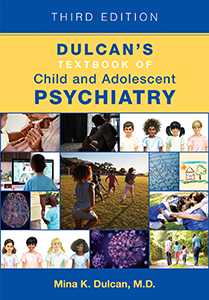Sections
Excerpt
Unlike adults, children do not walk into a therapist’s office asking for help. Rather, children and adolescents typically find themselves in a therapist’s consultation room when they have exceeded the limits of their environment to care for them (as in externalizing disorders) or have raised the concerns of significant others in their lives (as with internalizing disorders). Given this reality, the therapist must ask himself or herself, “Does it really make sense for me to leave these ‘others’ in the waiting room while I treat this child individually as I would an adult?”
Access content
To read the fulltext, please use one of the options below to sign in or purchase access.- Personal login
- Institutional Login
- Sign in via OpenAthens
- Register for access
-
Please login/register if you wish to pair your device and check access availability.
Not a subscriber?
PsychiatryOnline subscription options offer access to the DSM-5 library, books, journals, CME, and patient resources. This all-in-one virtual library provides psychiatrists and mental health professionals with key resources for diagnosis, treatment, research, and professional development.
Need more help? PsychiatryOnline Customer Service may be reached by emailing [email protected] or by calling 800-368-5777 (in the U.S.) or 703-907-7322 (outside the U.S.).



